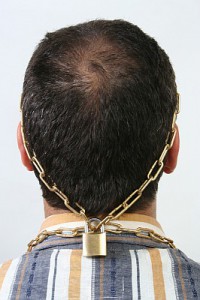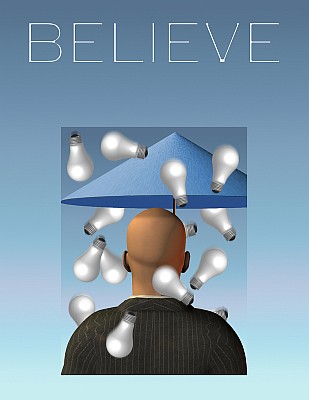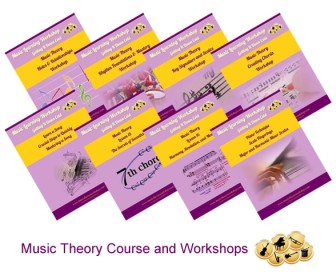“Are Your Limiting Beliefs Holding You Back?”

Consider this, your music learning beliefs are crippling you. They limit your ability to improve or overcome the challenges put in front of you.
What are the locked beliefs key things that keep you from obtaining your dreams? It is most often found in your beliefs about music and learning it.
You need to overcome belief limitations that hold you back. The exercise that follows can be and should be used as often as necessary to get rid of the grasp that such limiting beliefs have on us.
The Process to Follow
This process given below is based on part of our experiences and education in other careers, but the principals apply across all levels and all occupations.
The following exercise is based on the a process developed by Byron Katie and the full explanation of his methods is found in her book “The Loving What Is”.
It is a must read for all educators that want to help others overcome this critical psychological difficulty.
I really suggest considering picking up this book and working your way through the process, it’s helped me in my pursuits and made a difference in my ability to overcome obstacles.
A Challenge But Worth It
 Overcoming your limiting beliefs and turning them into positive music learning beliefs is not always an easy challenge.
Overcoming your limiting beliefs and turning them into positive music learning beliefs is not always an easy challenge.
However, you will be surprised by how effective the following exercise can be in creating a new view and perspective on beliefs about music or any other subject for that matter.
Taking the Right Steps
Here are the steps you can complete to start gaining control of your thoughts and beliefs and begin on the wonderful path to enjoyment and proficiency in music.
Step 1: List your belief or thought that you find stressful or judgmental.
Such as, I can not play enough to be a good musician. Really think how you feel when you consider doing something. What ever it is that makes you anxious or upset or wants to make you find something else to do.
Step 2: Ask the Question: Is it true?
Answer as honestly as possible. Yes or no. do no qualify it, don’t tell a story. Is it true, yes or no?
Step 3: Ask the Question: Can you absolutely know it is true? Yes or no?
It doesn’t matter if it is one or the other, but is it yes or no?
Step 4: Ask the question: Who would you be with out that thought?
Again answer as honestly as you can. Take your time, think about who you would be and imagine an picture in your mind as to who or what that would look like, feel like and sound like.
Step 5: Turn the belief around: State it as I can always (play, sing, drum, live, breath, compose, etc) and make that thought a positive statement.
Imaging as vividly as possible what life would be like if you could literally not think this thought or belief anymore. How would your life be different?
Step 6: Ask: If this new thought is as true as or truer than the original one.
Really think about it.
REPEAT: Do it again for any thought that is stressful. One of the best ways to do this is have a friend or family member ask you the questions and keep you on track. They should not let you qualify an answer, but make you keep it straight forward.
A Final Consideration
Although learning beliefs can be a big factor in your ability to move forward, having good learning resources can also influence your progress. Take some time to explore this site. The basic foundational knowledge on music theory is provided in easy to understand terms, but with a maturity level that allows you to absorb more.
Challenge your learning beliefs and get valuable resources and you will be well on your way to propelling your music skills ahead.
However, you will be surprised by how effective the following exercise can be in creating a new view and perspective on beliefs about music or any other subject for that matter.
Learning Resources

